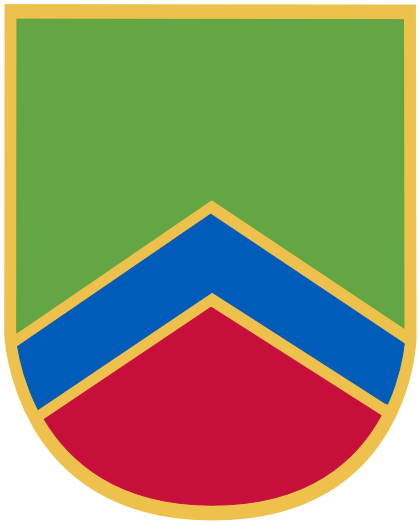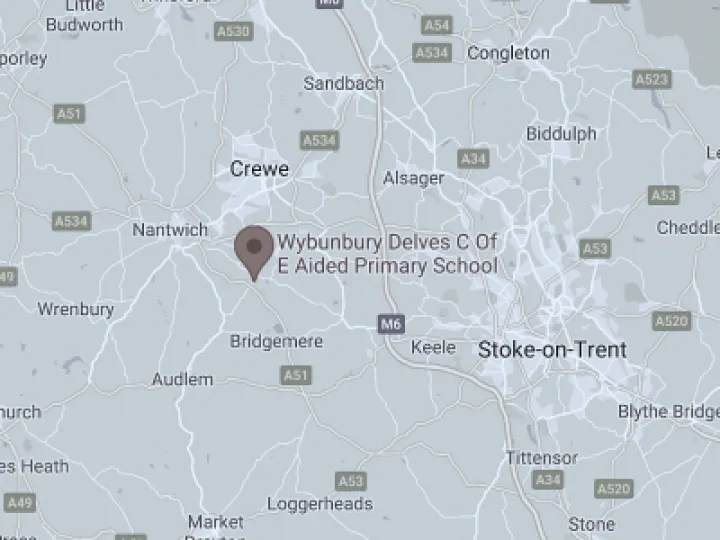Busy Bees at Preschool this week 21.05.21
To support our learning on the life cycle of a bean, this week we have explored pollination. After finding out how important bees are in the pollination process, we focused our learning on finding out about bees.
So this week, we have been pollinators, filled our honey tummy's with nectar and even performed the waggle dance!
To support out communication and language development, we have been introduced to some new vocabulary, including, pollen, pollination, nectar, hive, anthers, colony, pollen baskets, wax, honeycomb, waggle dance, honey and foragers. We shared a variety of information books and watched clips on the interactive whiteboards to develop our understanding of the words. Then, building upon our new found knowledge, we have been asking and answering lots of questions. I think we can say, we are as clever as a bee!
In our understanding the world development, we found out that in order for bean pods to grow on our beanstalk the flowers need to be pollinated. This is where bees come in. As bees collect nectar from flowers and plants, pollen sticks to their fuzz and attaches to their pollen baskets on their back legs, then when they fly to the next flower they drop pollen this helps plants make seeds. We learned that scientists call this process pollination. More seeds means more fruits and vegetables. To help us understand this process, we took part in the ' Wotsits pollination experiment', using cheesy wotsits we explored how pollen is transferred from flower to flower. We then visited the orchard and observed pollen on blossom, daisies and dandelions.
On Thursday we marked World Bee Day 2021, we found out that bees are an endangered species and we must do our part to save the bees otherwise we could find ourselves in a sticky situation! No bees means no fruits and vegetables. We planted flowers in our Preschool garden to attract bees.
In our personal, social and emotional development, we continued with our HeartSmart unit: I Tell the Truth and learned about things we are thankful for. We went on a walk around our school environment to spot things that we are thankful for, we learned this could be something we see growing, an object, a sound, a person and so on. "Clouds" "Friends" "The Sky" "Fences" "Trees" "The Fields" "Bees". We then discussed why we are thankful for these things "It's Blue" "The fence keeps us safe" "Friends so we have someone to play with" "They give us honey". Thank you for reminding us Boris that "We can always be thankful for something".
During our well being time, we took time to share stories in the outdoors.
Within our physical development, we have moved round and round and wiggled and waggled to perform the honey bee waggle dance! What is the waggle dance I hear you ask? Well, when a bee comes across a big patch of flowers they fly back to their hive and perform the honey bee waggle dance to tell the other foragers where to find the best nectar. The nectar is stored inside the bees honey tummy then taken back to the hive to be made into honey. During our afternoon snack time we have enjoyed tasting honey and most of us thought honey was very yummy!
We have also continued with our daily dough disco/squiggle sessions – see Tapestry for this weeks focus.
In our literacy sessions, we moved onto the innovation stage in our talk for writing. After discussing the similarities and differences between our stories Jack and the Beanstalk and jaspers Beanstalk. We thought about how we could slightly change our story map to retell a new version of our story 'Jaspers Beanstalk'. We changed the character from Jasper to Doggy and decided he would plant a sunflower seed instead of a bean. We were very pleased to re tell our new story 'Doggy's Sunflower'.
During our mathematics sessions, we have focused on composition of numbers 1-5. We have explored that one number can be made up from two or more smaller numbers. We explored this concept through placing an amount of ducks on the pond then placing another amount on the grass. We then discussed how many ducks were in each group and how many ducks we had all together. We then represented this using counters on a five frame.
In our expressive arts and design development, we created bee hats, then wore them as we buzzed around the room rhythmically to the music 'Flight of the Bumblebee by Rimsky-Korsakov'.
During our free play, we have created flower pictures, thread Cheerios onto spaghetti to make a beanstalk, sang nursery rhymes, shared stories, enjoyed mark making, looked after our plants, made observations of changes to our seeds and plants (our sunflower seeds have finally emerged from the soil), been engineers, role played teachers and mummy's and daddy's, played tag and hide and seek – we definitely have been busy bees!
Thank you for a buzzing week Preschool.
Tara
Quick Links
Contact Us
office@wybunburydelves.co.uk
01270 841302
Wybunbury Delves
Bridge Street
Wybunbury
Nantwich
CW5 7NE

